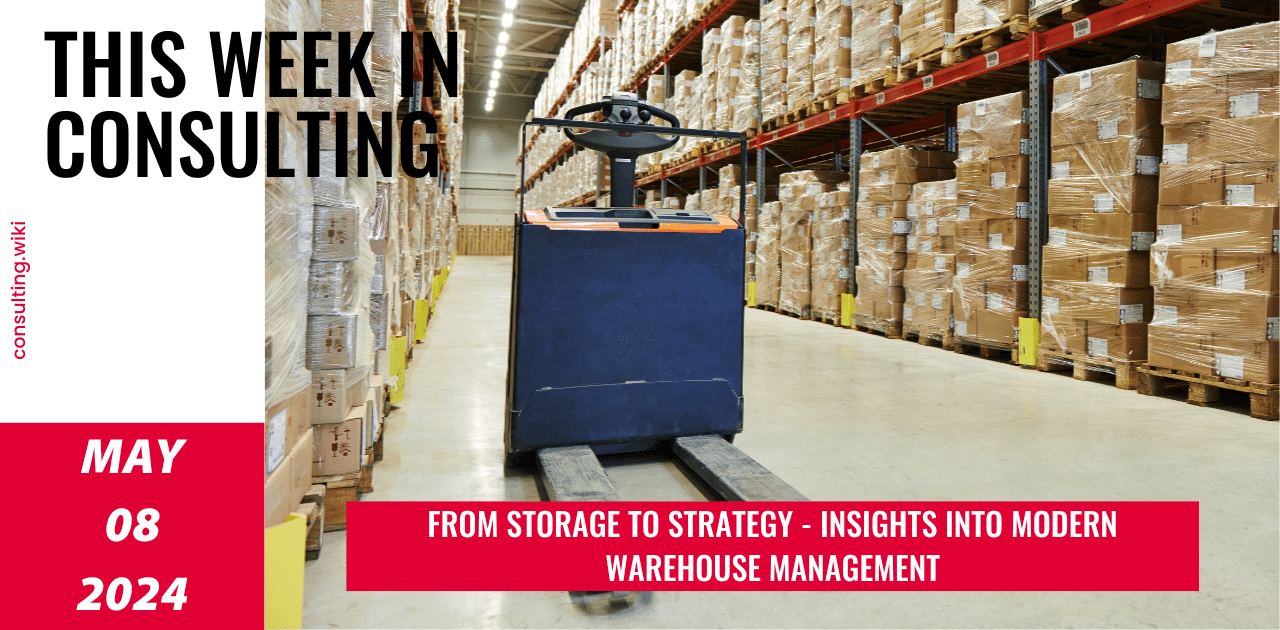
What to look at when reviewing consulting proposals? Your Top 17 Questions Answered.
“In any moment of decision, the best thing you can do is the right thing, the next best thing is the wrong thing, and the worst you can do is nothing. ” – Theodore Roosevelt
Consulting projects are all about initiative and being proactive. Starting with your winning RFP process that has attracted a score of proposals, the assessment phase now begins. Keep in mind that the real goal is solving a problem for your company, not simply buying a service.
Let’s talk about the quality of a proposal and touch on some important and relevant points.
1. How the most promising proposals differ from the rest?
So you have received a sufficient number of proposals. On an extensive project, your short-list might still be significant. So if you want to spend enough time on each proposal, funnel down to potential winners, and set aside the rest. Think of the process as a funnel into which you pour all the proposals.
At the narrow end, you will have the most promising proposals. At the very least, these meet every one of your RFP’s criteria. The proposals are convincing, and you have a clear picture of how the project would unfold. The number of proposals is adequate, considering the strategic importance and the budget of the project.
A bit higher up the funnel are the proposals that are slightly off-track but still workable. Maybe they have a good rationale but have missed an inconsequential step. You want to avoid eliminating a potential gem too early in the process.
At the very top of the funnel are the proposals that are off-topic or too generic. Resist the impulse to dismiss all the other proposals, not yet. And keep in mind the process is not over until you have signed a contract with your preferred consulting provider. Don’t rush into rejecting the second-runner. You’d be surprised to learn how many first-runners are disqualified during the negotiation process.
Don’t overlook a proposal from an upstart consulting provider with a great idea but less than desirable proposal-writing/presenting skills. There might be a way to implement that idea, in part or fully, into your business solution.
Be careful not to burn bridges when you send your response to potential consulting suppliers with rejected proposals, regardless of how you view their current bid. Here’s why: in an environment of rapid change, these consultants may evolve into great partners or future suppliers.
Leverage disruption to create more value through Consulting

Dubai probably is one of the most modern and fascinating cities in the world…
2. How a team of proposal evaluators improves your chance for success?
You have now the proposals in hand that, at first glance, meet your eligibility requirements and your other basic criteria. It’s time to get serious and pick your evaluation team.
Who might be a part of your team of reviewers? Procurement professionals naturally, and the person in charge of the consulting budget, if any. You should also include the main stakeholders, such as the project sponsor and representants of the functions directly impacted. Perhaps a senior executive or two, who has experience with consulting. Ideally, the team of reviewers should be the team that worked on the RFP.
Seeking input from a range of stakeholders helps to ensure that the evaluation process is perceived as fair and is more likely to result in selecting the best proposal for your project.
If your team lacks deep experience in the area of procurement processes, consider including a qualified and experienced consultant on the team to help you build a process designed to procure the best solution for your company.
3. How a team of proposal evaluators improves your chance for success?
It is essential to make sure that all your evaluators agree on a few basic principles:
- The winning proposal must answer your project’s objectives.
- The chosen approach will reinforce and support the overall purpose of the project.
- The consultants must have the right competencies.
- The selected consulting suppliers must be a good fit for your corporate culture.
Agree on the type of approach that would be best considering the context of the project and your culture. Maybe you are looking for an innovative, original, breakthrough, or transformational approach that your company can leverage to accelerate your strategy. Alternatively, you may want a proven and reliable approach.
Ask the team to review the proposed solutions along the lines of problem resolution, clarity, internal consistency, and ease of implementation, as well as outside-the-box approaches.
4. What are the necessary and critical requirements for the Consulting firm?
There are some prerequisites to work with your company. And making a preliminary check can disqualify a consulting provider right away and save you some time.
- Consulting firm eligibility
Many companies have a strict registration process that includes lengthy verifications. Make sure that your consulting firm is already registered, or your project eligible for an exceptional procedure.
- Proposal compliance
It might sound bureaucratic, but it will give you a sense of the commitment of the consultants and their ability to serve your needs. A consultant that remits a proposal late, incomplete, or not compliant to the format has either not understood your needs or doesn’t want to adapt to your ways. In both cases, you have a problem.
- Ethics and values alignment
Working with the wrong consulting firm can hurt your reputation internally and externally. Make sure that your supplier’s values are aligned with yours.
- Potential conflicts of interest check
Some internal consulting groups are providing consulting to external clients. Working with the main competitors from their parent company would clearly be a conflict of interest.
- Employees work authorization
With the globalization of the consulting projects, more and more clients are looking for providers outside their regular market. It is not unusual for a European company to win a project with a U.S. company, and vice versa. When you are working with a company that will fly their consultants to your premises, make sure they are authorized to work in the country and your industry.
5. How the Consultant sees and understands the objectives?
Obviously, you are bringing the consulting provider to help you achieve a certain goal. You want them to understand well your objectives and help you identify and implement a solution.
6. Has the consultant properly researched your company’s context?
A bid with limited details about your needs usually screams a narrow understanding of your business, a rushed or a generic proposal, or all of the above. Be uncompromising on that point.
7. Did the consultant reformulate your needs and put them in context?
You want to make sure that the consultant answers your questions and adds some value, rather than just copy-pasting your RFP.
8. Is the proposal introducing elements that don’t seem related?
Several reasons can explain this phenomenon. The first option, you are facing a “cookie-cutter” syndrome. The Consultant is copy-pasting a previous proposal for your project. The second option, they have seen an objective that you had missed in your RFP. In both cases, you want to challenge the consultant to make sure the deliverables are right for your company. You need to buy what you need and only what you need.
9. Do the deliverables completely satisfy you?
Once you have made sure that the consultants have understood what you were trying to do, you want to check if the deliverables they have included in the proposal will indeed answer your questions.
Clearly listed main deliverables
It is essential to ensure the Consultants have answered all the key points of the scope, and that you can compare the core of the proposals.
Back to your RFP, identify all the expected deliverables, and check one by one if they are included in the proposal. Get a sense of what is outside the scope in the bid. Sometimes the consultants take the initiative to reorganize the deliverables and regroup them. Make sure all your initial deliverables are still there.
Additional deliverables relevant to your needs
In some cases, the consultants add deliverables that were not listed in the RFP. Have a close look at how they relate to your main objectives. It can be an interesting addition or just a way for the consultant to increase the scope (and the price). If the deliverable is relevant, ask yourself if it is a must-have or a nice-to-have.
10. Do you trust their approach?
Does the proposed approach support your objectives?
Evaluate the approach proposed by the Consulting provider. Is it what you had in mind? Does it make sense? Is it adapted to your needs? What are the potential limitations of the approach that the consultant is suggesting? Will this approach support a proper buy-in?
11. Is the timeline proposed aligned with your expectations?
Does the timeline match your internal objectives? If not, is it a major issue? Have the consultants explained why they changed the timeline?
12. Is the phasing consistent with the one in your RFP?
Consultants love to cut a project into multiple phases. When you compare the different proposals, make sure that each phase contains the same work and the same deliverables. It is not uncommon to see a Consulting firm descope or underprice the first phase to win the project and generate more substantial costs in further phases.
For very large projects, we recommend to include phasing and commit only to the first phase in the first RFP. The further phases will be handled through another RFP. It will force the winner of the first project to do a good job, and remit competitive pricing at each phase of the project.
13. Is the governance of the project well defined?
Sometimes the difference in price for two proposals comes from the difference of responsibilities (and thus workload) of the consultants vs. your teams. How will the governance of the project be organized? How is the project managed at the steering level? At the working level? What support from your teams is expected at each stage of the project?
14. Is the project resourced properly?
Considering the workload associated with the project, does the staffing seem sufficient? And on the opposite, does the team seem oversized?
15. Will you have enough bandwidth to contribute?
Successful execution is based on cooperation and a balanced workload. Will you and your team have enough availability to support the project?
16. Is the project team senior enough? Will they be credible with your teams?
What is the level of seniority of the partner in charge? Is he taking the responsibility of the project or delegating that to someone more junior? What is the level of experience of the project team? Will this work with your teams?
17. Are you confident the consultant will work well with your teams?
And last but not least, looking at the interactions you had and the composition of the team, do you expect this consultant to work well with you and your teams? And to be a good fit?
Ready to get started on your next project?
We will be happy to help.
Please give us a call today, at no obligation, and let’s get the conversation started.
Hélène Laffitte is the CEO of Consulting Quest, a Global Performance-Driven Consulting Platform and author of “Smart Consulting Sourcing”, a step by step guide to getting the best ROI from your consulting. With a blend of experience in Procurement and Consulting, Hélène is passionate about helping Companies create more value through Consulting.




